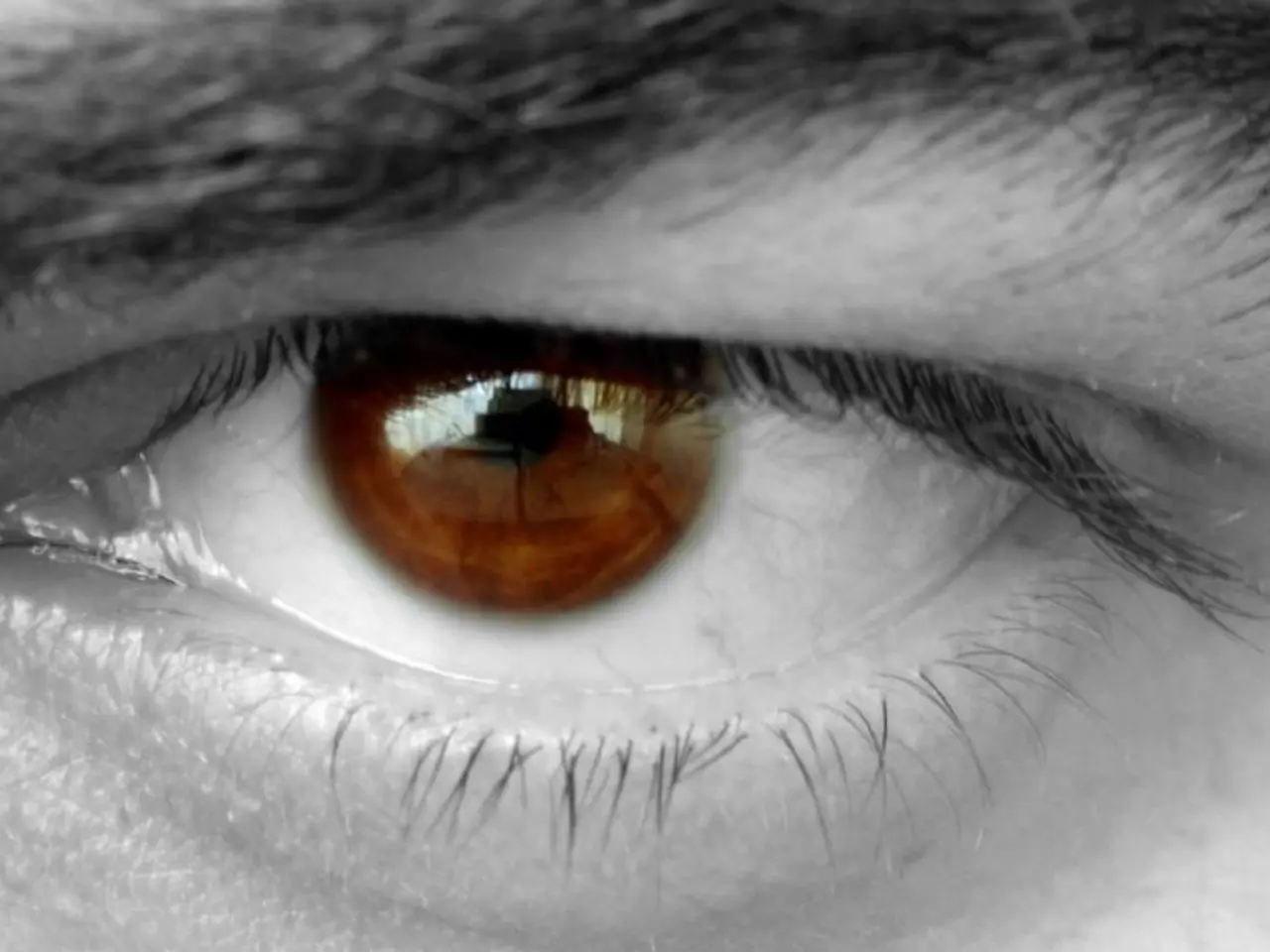Eye Health: When Supplements Can Help and When They're Unnecessary
Eye health supplements are generally unnecessary for most people, according to experts. However, certain eye conditions, like age-related macular degeneration (AMD), may benefit from specific vitamin and mineral supplements. Always consult your doctor before starting any supplement regimen.
Vitamin deficiencies can lead to eye problems. Therefore, supplements might be recommended if your diet lacks key nutrients or you have a diagnosed deficiency. For AMD, the National Eye Institute (NEI) suggests a combination of vitamins and minerals, known as the AREDS formulation, which includes Vitamin C, Vitamin E, Zinc, Copper, and Beta-carotene. A later study, AREDS 2, added Lutein and Zeaxanthin to the mix.
Omega-3 fish oil supplements, often touted for eye health, did not show beneficial results for dry eye in one study. Instead, maintaining a balanced diet rich in leafy green vegetables, fatty fish, nuts, and seeds is recommended for overall eye health.
While supplements may not be necessary for most eye conditions, specific vitamins and minerals can help manage age-related macular degeneration. Always consult your doctor before taking any supplements. Remember, a balanced diet is the best way to support overall eye health.






